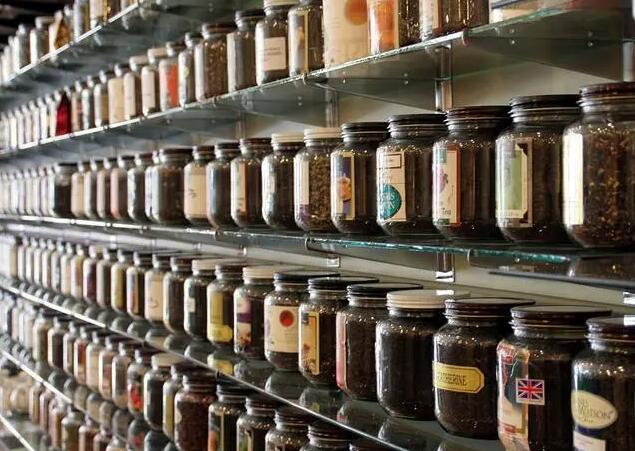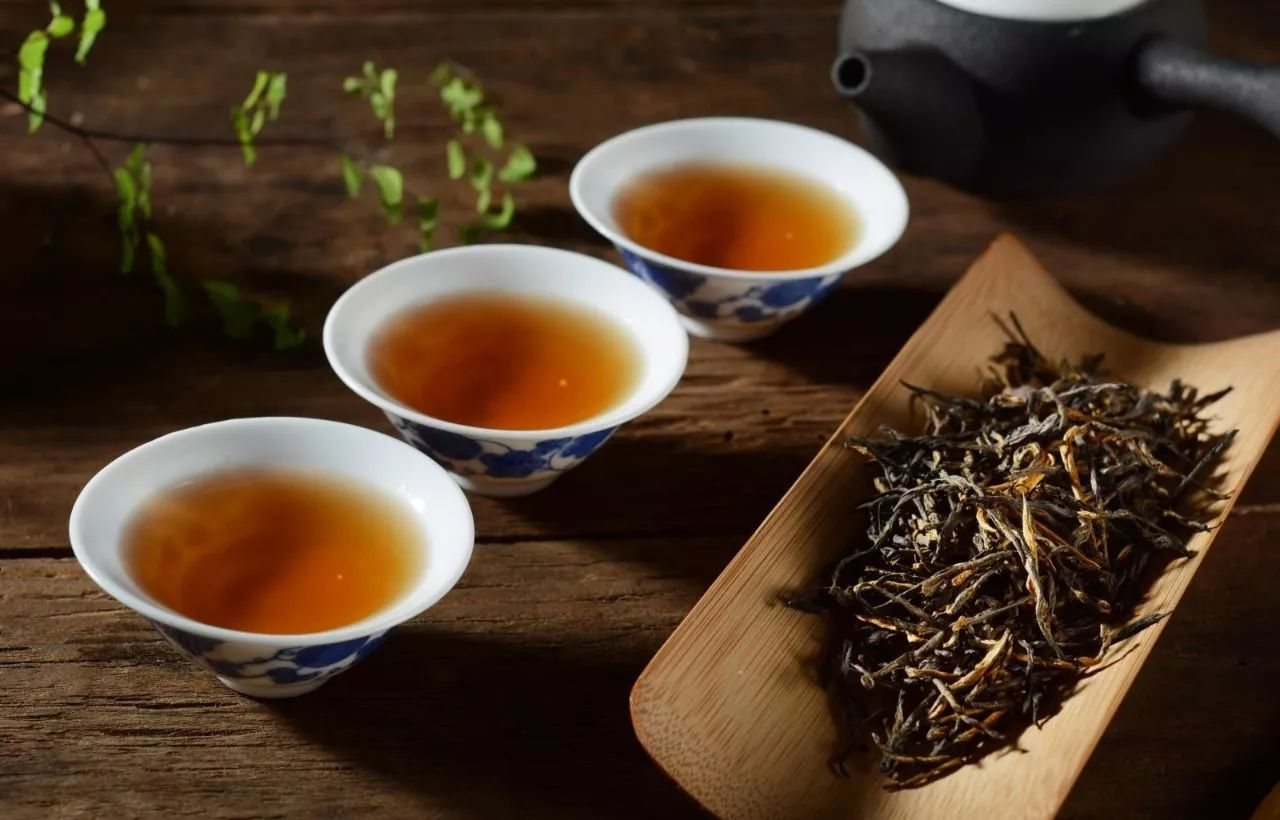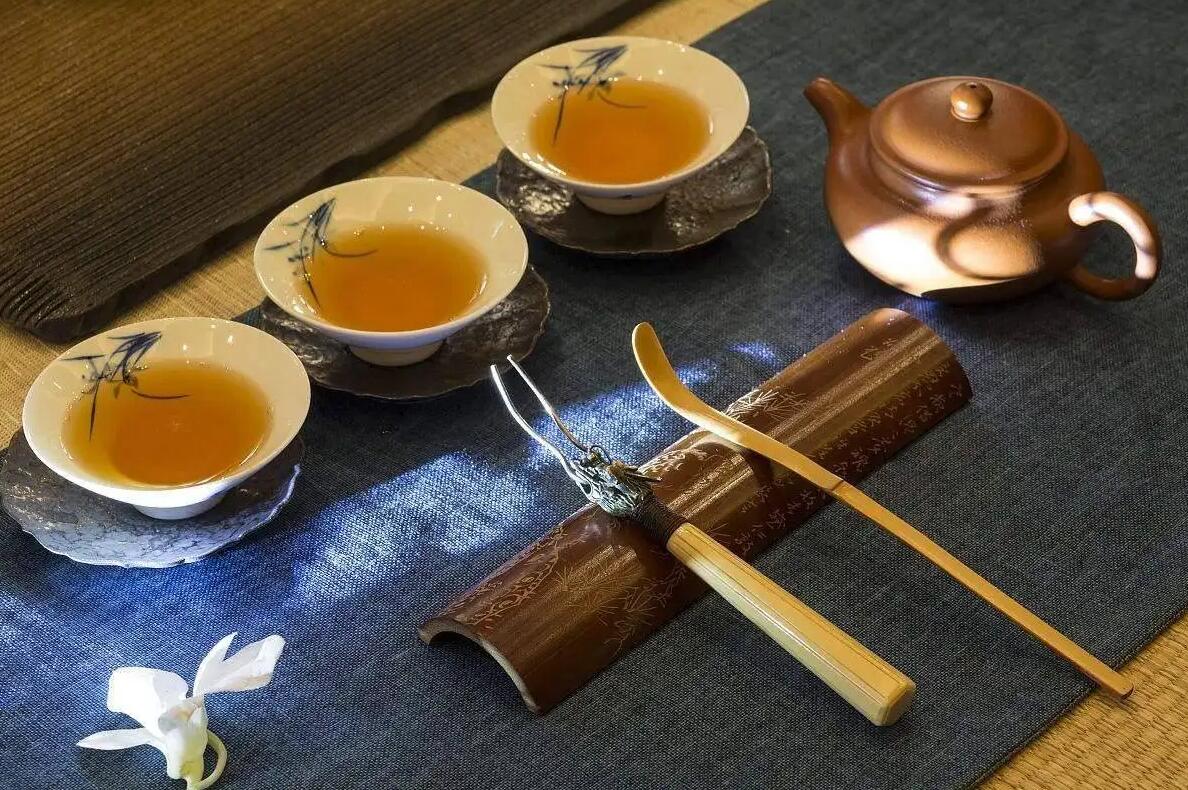You don't have to be a qualified tea master or tea taster to enjoy the complex flavours associated with tea. It is possible for anyone to train their palate so they can detect the nuanced tastes of a decent brew. First, try focusing on whatever you eat or drink, so as to really appreciate its flavour. People who do not consciously think about the flavour of what they consume deny themselves a much deeper enjoyment of the activity.
A little sugar to intensify the flavour of this or that is quite acceptable as long as the consumption of sugar does not become excessive. Rock sugar is an essential accompaniment to genuine East Frisian tea. But maybe you would prefer to begin your first, very deliberate rendezvous with tea alone.
To really develop your enjoyment of tea, try drinking it with no distractions. Switch off the television, turn off the computer, shut the door - and maybe even consider taking the phone off its hook. Then select a variety of tea you think you will enjoy. Go for a whole-leaf of decent broken-leaf variety, and prepare it according to the instructions. Use light-coloured, fine china to serve it in, so that you can enjoy its colour before taking a sip. Be sure to have a good sniff at the liquid as well, and ask yourself what the smell reminds you of.
When you're ready, take a sip of the tea and keep it in your mouth for a while. Focus on the flavour and, once you've swallowed, think about the aftertaste. Don't rush the rest of the cup-and don't be afraid of brewing other cups in different ways to discern the differences between them. You might try brewing it for longer, for example, or adding a little sugar. Then go through the same process again, taking note of the nuances between each cup. Over time, you can increase your exposure to a variety of teas. Pretty soon you'll find your palate has become more refined, and your enjoyment of tea has been deepened beyond measure
CULTIVATING A NATURAL SENSE OP TASTE
While we are blessed with a very good sense of taste. it can easily become desensitised by lack of stimulation. Eating and drinking the same stuff every day and failing to savour the experience will dull our sensory capacity. If you want to ensure your taste buds remain receptive, it's worth following this advice:
Artificial flavour enhancers reduce the natural sense of taste when they are consumed regularly.
Avoid excessive amounts of sugar or salt, or strongly spiced food, as they rob your taste buds of an ability to detect more delicate flavours.
Try not to drink too much alcohol, as this can impair your taste buds.
Don't smoke, as this irreparably damages your sense of taste.
ESSENTIAL FACTS
Tea tasters have extensive specialist knowledge and a great memory. They work for tea trading companies, checking tea harvests, negotiating prices and buying teas on behalf of their companies. They also oversee the blending and flavouring process.
Tea Master Silver and Gold are qualifications for trained employees in the hospitality industry who want to deepen their knowledge of tea. Tea masters tend to work in top-class hotels and restaurants.
The Ronnefeldt Tea Academy is the only one of its kind in the world and offers a range of training programmes for professionals in the food and drinks industry.
Our sense of taste involves more than just the tongue: it is also a matter of seeing, hearing and smelling, as well as embracing cultural influences and memory.
A finely tuned sense of taste can be trained by consciously enjoying natural, freshly prepared food and drinks and by avoiding artificial flavours and food with additives.



